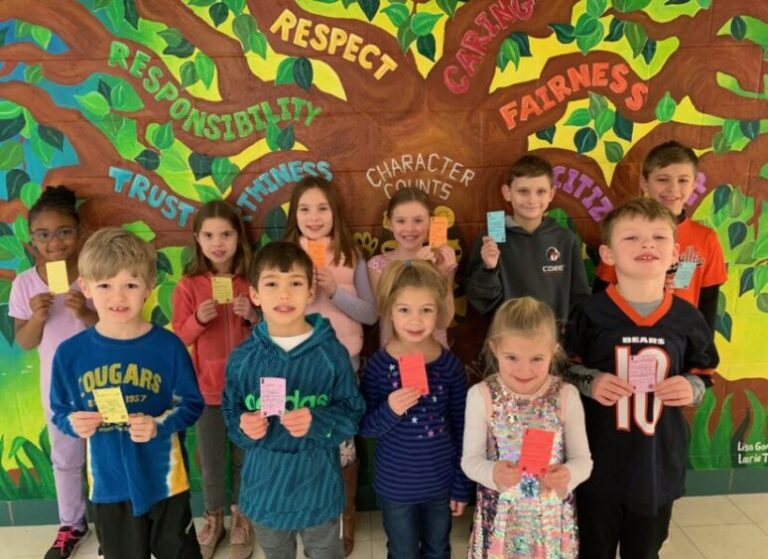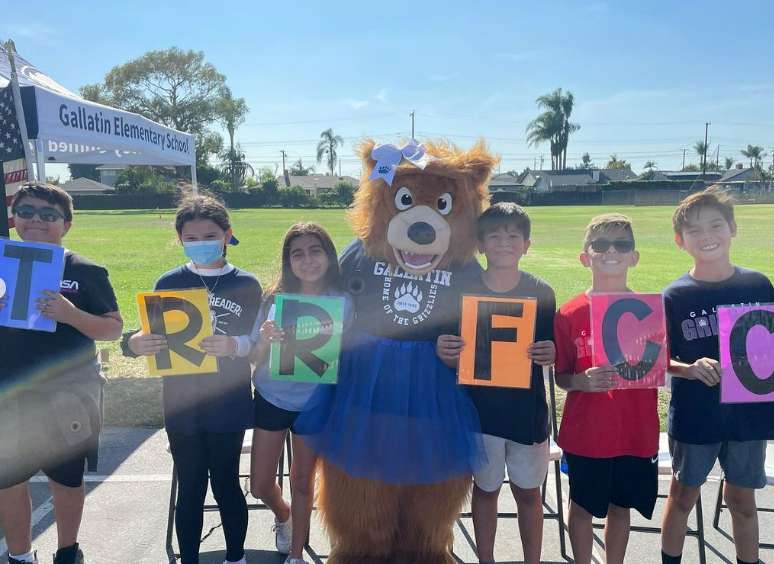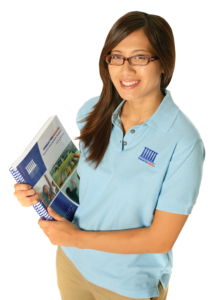Strategies and resources to help improve students’ character, social-emotional, and academic skills and improve school culture.


What We Do
CHARACTER COUNTS! focuses on building students’ character, social-emotional, and academic skills, while shaping a positive school culture. Our flexible PK-12 framework is based on:
How We Can Help
We’ve been working for more than 30 years to create a flexible framework to help PK-12 educators and students develop good character and create positive school cultures.
Using research and educator feedback, we’ve created a pathway of best practices for schools to meet academic, character, social-emotional, and school culture goals.


We’re here to help! Contact us today to
begin working on character and culture.

People impacted by our work.
The year we were founded.

Every month we send out highlights of our latest free resources. Join our mailing list so you can have those new resources delivered to your inbox.
Way To Go Journals help students create strategies for academic success and develop character and social-emotional skills.
Journals provide students with thought-provoking questions on character and leadership. Educators can use the Journals as opportunities for student personal reflection, small-group discussions, or large-group conversations. Each Journal includes more than 160 reflection questions.